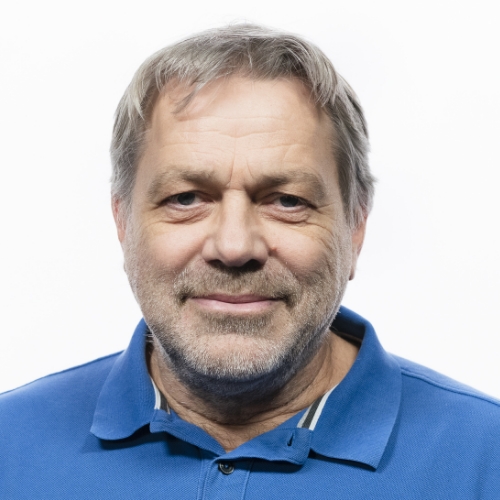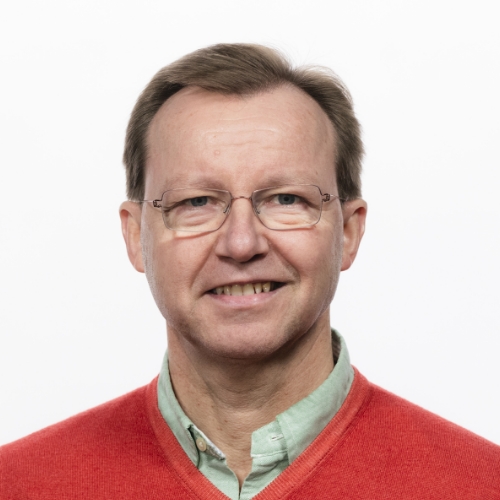The Atmospheric Remote Sensing and Climate System Research Group (ARSCliSys) investigates modern satellite-based methods for remote sensing of the atmosphere and the climate system as well as new ground-based methods with very high resolution and uses them for climate research. How strong is global warming already today and how will it develop in the future? How does it affect the Alpine region, Austria, Styria, for example in terms of weather and climate extremes?
A particularly suitable method for a global view to answer such questions is the occultation technique using signals from global navigation satellites (GPS, Galileo) or Low Earth Orbit (LEO) satellites. Satellite data and ground data are used in conjunction with climate model simulations to study climate variability, climate trends, and weather and climate extremes. The focus is on global climate change and a bridging to regional and local climate and environmental change in the Alpine region.
In its research and use, the group is one of the international leaders. In the concrete habitat of the Alpine region, the WegenerNet is a pioneer experiment of the group: a novel climate station network in the regions of Feldbach and Johnsbachtal (Styria/Austria) for the observation of weather and climate with spatial resolution on the 1 km scale.
ARSCliSys cooperates closely with the Regional Climate and ClimEMet research groups in the joint research focus Hydrological Extremes in Climate Change. The group also works closely with the Institute of Geophysics, Astrophysics, and Meteorology/Institute of Physics ((IGAM/IP), partner institute of the Wegener Center at the Faculty of Science, and is part of the Atmospheric and Climate Physics Working Group of IGAM/IP. In addition, ARSCliSys collaborates with many renowned partners and partner groups at the site, nationally and internationally, and actively contributes to frameworks of the international research agenda in the research field worked on.
Sedcards
Reliable data on climate change are a prerequisite for targeted climate protection measures. Gottfried Kirchengast, head of the Wegener Center at the University of Graz, is doing pioneering work in climate monitoring. The geophysicist and his team are the leading international research group in the field of satellite-based occultation technology for global climate monitoring.
One prerequisite for counteracting climate change is to know its causes with certainty. Climate phy-
sicist Andrea Steiner uses highly precise satellite data to analyse changes in temperature, pressure,
humidity, density, wind and energy in different layers of the atmosphere.


